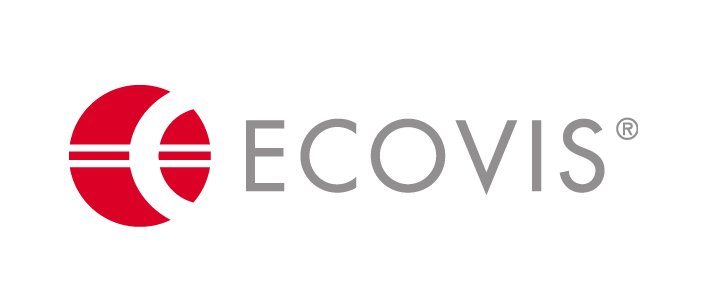The deduction of expenses for tax purposes is governed by the causality principle established in article 37 of the Income Tax Law. This states that the necessary expenses to generate or maintain taxable income are deductible, as long as they are not prohibited or limited by law.
Although this precept could be interpreted as only those expenses directly linked to the generation of taxable income or the maintenance of the source, the Tax Court has interpreted the principle of causality as the relationship of necessity that must be established between expenses and the generation of income or maintenance of the source. In Peruvian legislation, this is a broad notion, as it allows the deduction of expenditures that do not hold such a relationship directly (Tax Court resolutions nos. 814-2-1998 and 710-2-1999).
The necessesity of an expenditure is therefore dependent on the circumstances and characteristics of each business. Concepts that are normal for the commercial activity of the company, such as, for example, bonuses or promotional expenses (or marketing), which allow the continuity of the business or its improvement, even if they do not automatically or directly derive a taxable income, comply with the causality requirement, explain the experts from Ecovis.
Here it should be said that both commercial promotions and bonuses represent incentive instruments created with the purpose of, within a short time, increasing demand and making consumption more attractive, which ultimately leads to higher sales. However, in the case of a bonus, the intention is to deliver goods to customers who maintain a business relationship with their supplier.
In terms of the goods that taxpayers can deliver to their clients, article 20 of the Income Tax Law stipulates that the total net income resulting from the disposal of goods is calculated by deducting gross income from returns, bonuses, discounts or similar in line with market standards. In order to avoid tax penalties in the event of a possible SUNAT audit (Superintendencia Nacional de Aduanas y de Administración Tributaria/the organisation which enforces customs and taxation in Peru), taxpayers must maintain a duly documented bonus policy that proves that the goods meet the relevant conditions.
Moreover, the Income Tax Law (subsection q of article 37) also allows for the deduction of expenses for the representation of the business to a sum not exceeding 0.5% of gross income, with a maximum limit of 40 tax units (according to Supreme Decree no. 298-2018-EF, the tax unit value for 2019 is 4,200 Peruvian sol, PEN). In turn, the second paragraph of article 21.m states that travel expenses and disbursements directed at the bulk of real or potential consumers, such as advertising expenses, are not deemed to be representation costs and are therefore not subject to the above-mentioned limit.
Therefore, the expenses relating to goods that taxpayers may deliver to real or potential customers and the general public in order to create the necessary publicity to increase their sales would also be deductible and not be subject to limitation. This is precisely because such expenses constitute an essential tool for generating higher income.
Through a number of cases, the Tax Court has also established that expenses must be recorded not only with receipt of payment, but also with additional documentation and information that proves the legitimacy of the expense. Any assets granted by the taxpayer should be based on a commercial policy (approved by management or those responsible) which sets out the appropriate conditions. Similarly, where goods are delivered, there should be supporting documentation detailing the goods delivered and their receipt by the customer (i.e. delivery note, receipt etc.).
For further information please contact:
Gary Salazar Paz, Senior Partner, Tax Laywer and Accountant, ECOVIS Peru, Lima, Peru
www.ecovis.com/en

